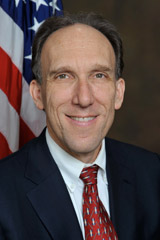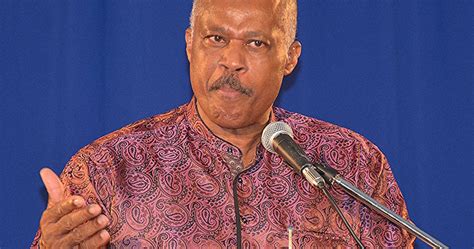A Quote by Steve Jurvetson
The economies of the future are information.
Quote Topics
Related Quotes
I want to have all that scientific information that we're building be used in designing the future so that people who make geographic decisions - and here it's not just land-use planners, but it's everyone: foresters, transportation engineers, people who buy a house - can analyze all of these information layers and design a future.
You can read Windrush as a morality tale, but it is about the future of black people in the Caribbean. Where next will they want us to labour? Where is the next place they will take us? Why do we not focus on building our own economies and societies? We need to put all hands on deck to get our economies to function at a higher level.
Growing economies are critical; we will never be able to end poverty unless economies are growing. We also need to find ways of growing economies so that the growth creates good jobs, especially for young people, especially for women, especially for the poorest who have been excluded from the economic system.
That is the future, and it is probably nearer than we think. But our primary problem as universities is not engineering that future. We must rise above the obsession with quantity of information and speed of transmission, and recognize that the key issue for us is our ability to organize this information once it has been amassed - to assimilate it, find meaning in it, and assure its survival for use by generations to come.
Whoever controls the image and information of the past determines what and how future generations will think; whoever controls the information and images of the present determines how those same people will view the past." "He who controls the past commands the future. He who commands the future conquers the past.


































